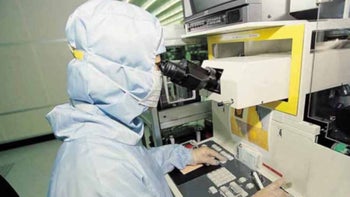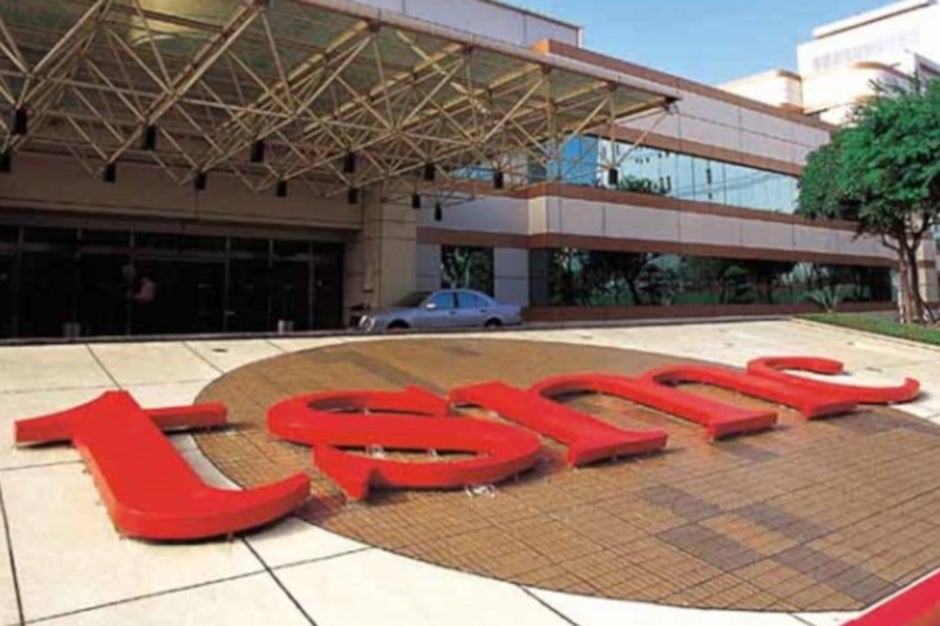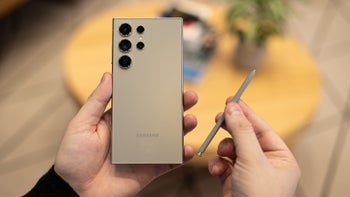World's top chip supplier seeks to end shortage by spending $100 billion

In the midst of a major chip shortage, the world's top contract foundry, TSMC, said that it would spend $100 billion over the next three years to increase the capacity of its production facilities. The Wall Street Journal says that not only is this much of an investment a record for the company, it is also a record for the industry as well. TSMC takes the chip designs submitted to it by the likes of major tech firms like Apple (which is the foundry's largest customer), MediaTek, Intel, AMD, and others.
TSMC is having trouble keeping up with its customers' chip demands
Thanks to the increasing demand for 5G chips combined with the global chip shortage, TSMC has not been able to produce enough components to meet their customers' needs. In a letter to its clients that was read by the Journal, CEO C.C. Wei wrote that even while utilizing its fabs at a rate over 100%, TSMC has been unable to keep up with its clients' demands. The executive said in the letter that the company has already started hiring thousands of new employees and plans on expanding the capacity of its production facilities by building new fabs.

TSMC plans on spending $100 billion over the next three years to increase capacity
New Street Research analyst Pierre Ferragu notes that the $100 billion that TSMC plans on spending over three years is double the amount it spent during the prior three years. On Thursday, the company explained its reason for doubling its spending by stating that "TSMC is working closely with our customers to address their needs in a sustainable manner." During the beginning of this year, we told you that the foundry's capital expenditures this year would be in the range of $25 billion-$28 billion mostly as the company gets ready to ship 3nm chips next year.
Last year, TSMC launched chips produced using the 5nm process node starting with the Apple A14 Bionic. The smaller the process node, the larger the number of transistors that can fit into a square mm which makes the components more powerful and energy-efficient. Building new lines to produce 3nm chips is a very expensive task. Just this past November, TSMC completed the plant structure for its 3nm fab at the Southern Taiwan Science Park (STSP).
The competition is also spending cash by the fistfuls. Intel recently announced that it will spend $20 billion to build two new chip factories in the U.S. starting in 2024. Intel, which once bragged that it had a three-year lead over its rivals, now finds itself behind foundries like TSMC and Samsung in terms of the process node on their cutting-edge chips. Samsung, the world's second largest contract foundry, plans on shelling out $116 billion by 2030 to diversify its production of chips. Globalfoundries, a contract foundry located in the states, says that it will double its capital investment to hike capacity.
Speaking of U.S. semiconductor suppliers, TSMC is building a chip factory in Arizona that will cost the firm $12 billion. The factory should be operational in 2024 with 20,000 12-inch wafers produced each month. The company's U.S. facilities will churn out 5nm chips. The problem is that by 2024, cutting-edge chips will be made using the 3nm process node with 2nm undergoing tests. Intel's two upcoming U.S. factories will also be built in Arizona.
Reducing the reliance of the U.S. on Asian chip manufacturers has been a goal of the last two administrations in the states. With that in mind, President Joe Biden's $2.3 trillion infrastructure plan sets aside $50 billion for the semiconductor industry.
The chip shortage is a serious matter which is why the foundries are willing to spend the big bucks to build new production facilities. Late last month, Xiaomi president Wang Xiang warned that chip shortages could cause the company to increase the prices of its phones. Considering that the firm is known as a value manufacturer, the shortage is having an outsized effect on the industry.










Things that are NOT allowed: